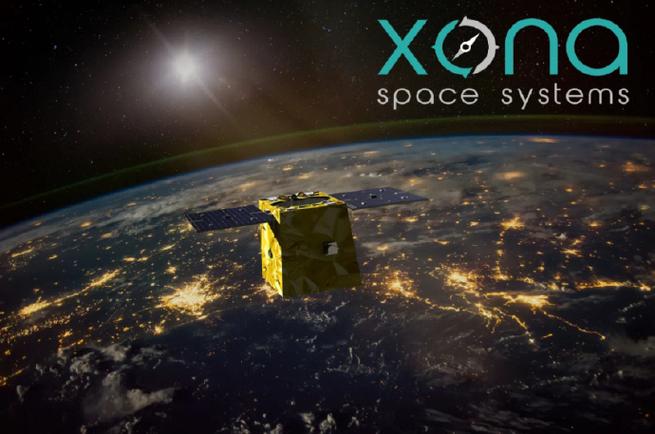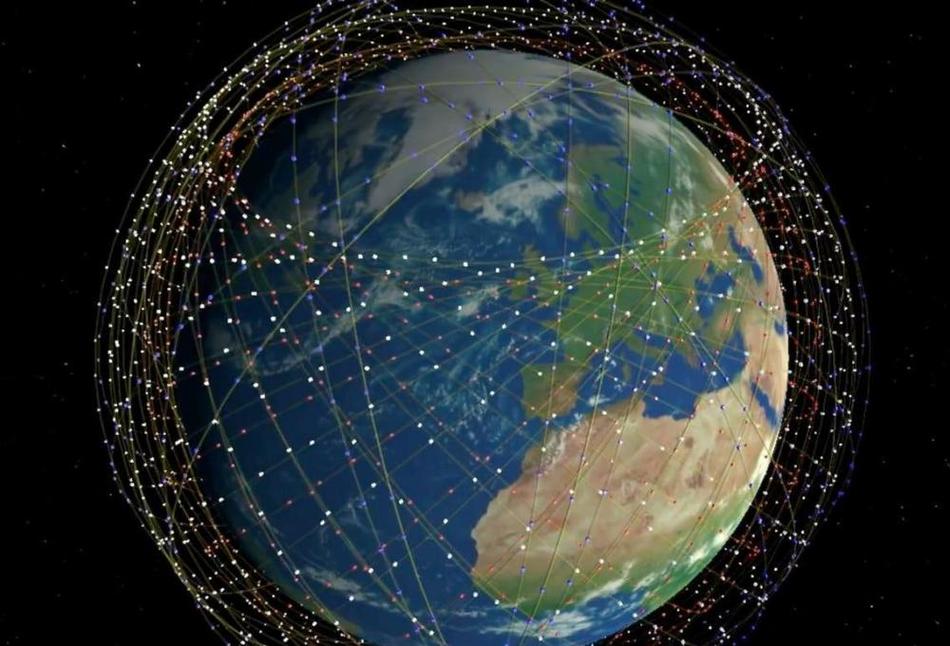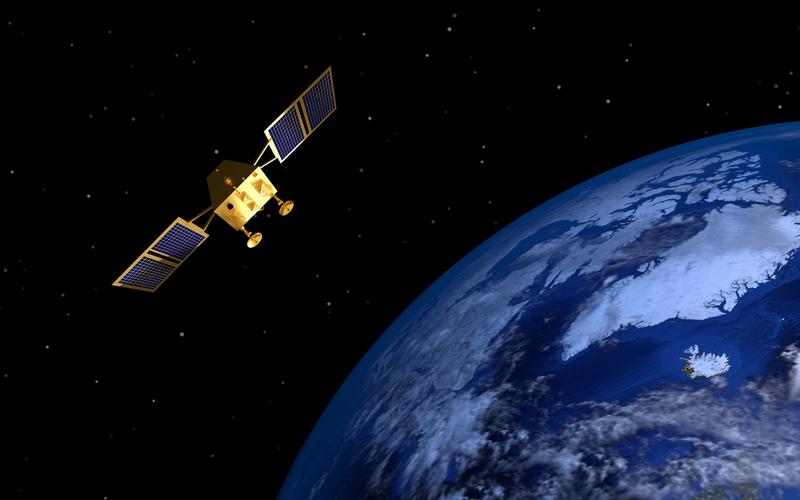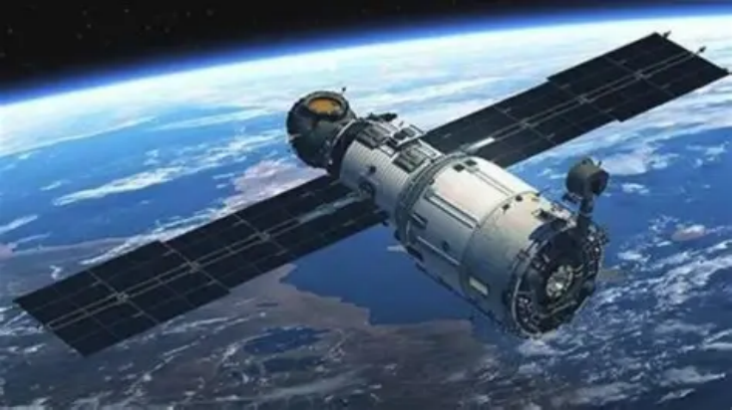How Agna's Next-Gen Space Navigation Beacons and Astroscale's Partnership Could Reshape the Future
From aeroplane landings and financial transactions to bill payments and food delivery riders finding your doorstep, countless everyday scenarios rely on precise positioning and timing systems. Yet the "heartbeat" behind it all, traditional infrastructures like the Global Positioning System (GPS), are increasingly stretched thin. Bom decades ago, they are like cities running on outdated wiring, ill-prepared to withstand today's sophisticated disruptions and threats. Enter Xona Space Systems, which is building a brand-new Pulsar satellite constellation hailed as the next generation of *space navigation beacons." Not only can it work alongside GPS, but it also delivers stronger signals. Behind this constellation, Astroscale's technology plays a critical role, equipping Pulsar with resilient "lifecycle management" capabilities so these satellites are no longer disposable tools, but rather "smart satellites" that can be maintained, upgraded, and even retired safely from orbit.

In the digital world, Positioning, Navigation, and Timing (PNT) systems are the silent foundation. Without them, planes couldn't land safely, ambulances wouldn't reach accident sites, stock markets would descend into chaos, and even power grids would lose synchronisation. Every cog in the global economy depends on accurate time and location. Yet traditional GPS-like systems are akin to ageing highways prone to congestion and vulnerable to hijacking. Jammers and spoofing attacks are becoming increasingly common, and a disruption today wouldn’t just affect personal navigation but could ripple across entire societies and industries. That's why Xona's Pulsar program has drawn such attention. Operating in Low Earth Orbit (LEO), these satellites are closer to Earth and deliver stronger signals. Pulsar is designed with built-in anti-jamming and anti-spoofing protections, ensuring reliability even in hostile environments. It's a fundamentally new approach: moving away from reliance on a single ageing system to offering multiple layers of resilience, like giving a skyscraper redundant backup power systems.

But no matter how advanced, satellites face one unavoidable reality - their lifespans. Traditionally, once satellites run out of fuel or equipment fails, they become space debris, floating hazards that threaten other spacecraft. Astroscale changes this outcome. The company provides Pulsar satellites with next-generation docking plates, essentially "universal ports." This means that in the future, even if a satellite encounters problems, it can be repaired via on-orbit servicing. If it needs an upgrade, new modules can be added, and when it's time to retire, docking enables safe deorbiting, preventing it from becoming space junk. This isn't just protection for a single satellite-it's stewardship of the entire space ecosystem. With tens of thousands of satellites planned for launch in the coming years, failing to plan for maintenance and disposal could turn Earth's orbit into a "junkyard." Astroscale’s solution offers a practical remedy to this looming threat.
Pulsar's goal isn't merely to extend existing systems, but to transform the experience entirely. It promises centimetre-level positioning accuracy— meaning autonomous cars can stay precisely within their lanes, and delivery drones can land on your balcony rather than your neighbour's roof. Its stronger signals can penetrate dense urban environments and adverse weather. And in the face of malicious interference, Pulsar's safeguards ensure the system won't be deceived. With Astroscale’s contribution, Pulsar satellites gain "green genes": they're no longer one-and-done consumables but renewable assets. When the time comes for retirement, docking ensures a safe, controlled exit from orbit, reducing orbital pollution.

Xona is now scaling rapidly, preparing to bring the Pulsar constellation to orbit. As it takes shape, global navigation will undergo a qualitative leap: moving from dependence on a single system to a layered, multi-path safety net. The implications extend far beyond technology. They touch national security and financial stability. Transportation and energy resilience and, ultimately, everyday life. In the future, when you open a map on your phone, ride in an autonomous taxi, or complete an international payment, chances are Pulsar will be quietly at work in the background, Keeping the world running smoothly.
(Writer:Hoock)





